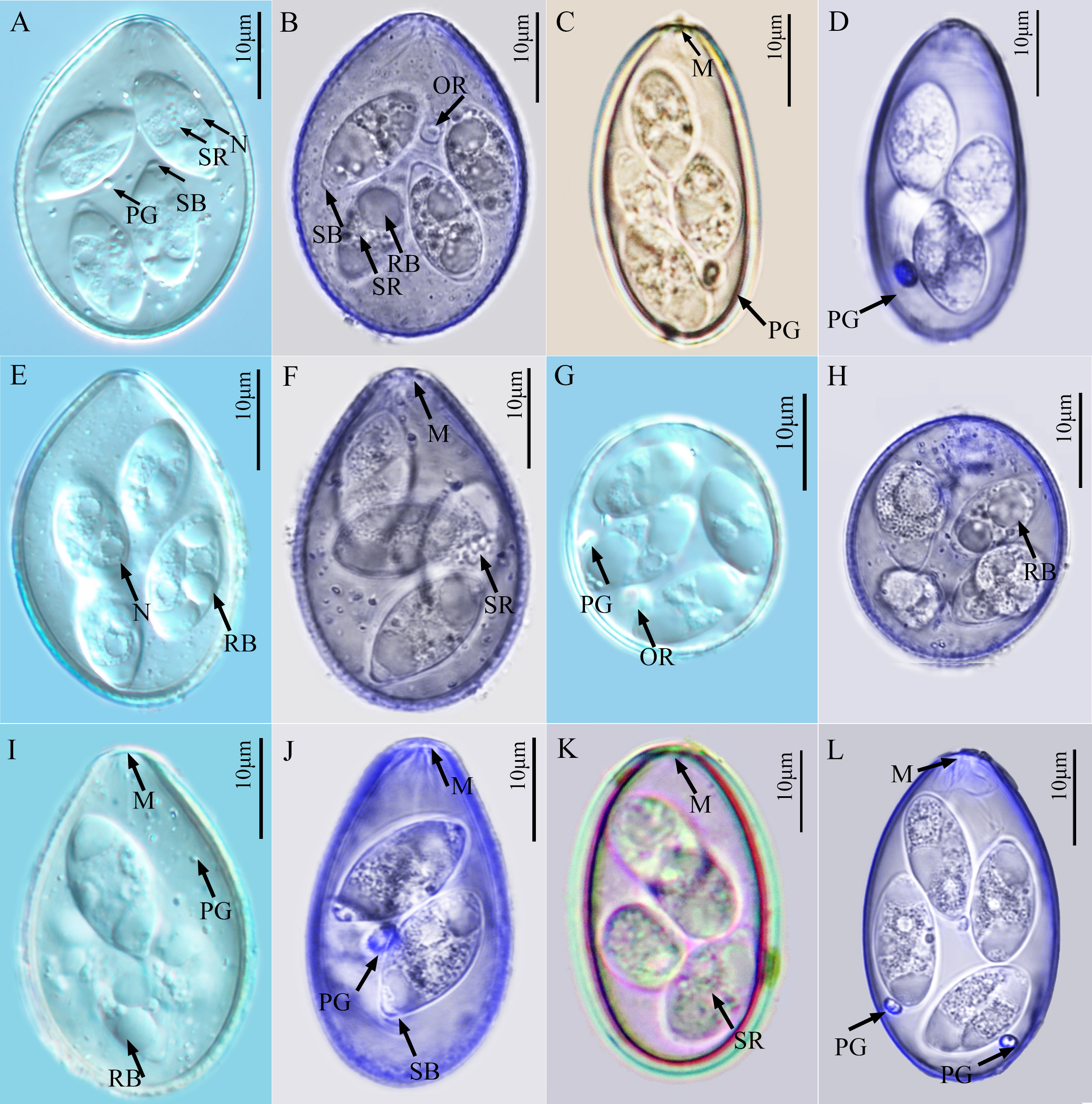Chinese Forest Musk Deer on:
[Wikipedia]
[Google]
[Amazon]
The dwarf musk deer or Chinese forest musk deer (''Moschus berezovskii'', ) is an
 As most animals, the dwarf musk deer harbours a number of parasites. In 2021, a study showed that ten species of
As most animals, the dwarf musk deer harbours a number of parasites. In 2021, a study showed that ten species of
artiodactyl
Artiodactyls are placental mammals belonging to the order Artiodactyla ( , ). Typically, they are ungulates which bear weight equally on two (an even number) of their five toes (the third and fourth, often in the form of a hoof). The other t ...
native to southern and central China
China, officially the People's Republic of China (PRC), is a country in East Asia. With population of China, a population exceeding 1.4 billion, it is the list of countries by population (United Nations), second-most populous country after ...
and northernmost Vietnam
Vietnam, officially the Socialist Republic of Vietnam (SRV), is a country at the eastern edge of mainland Southeast Asia, with an area of about and a population of over 100 million, making it the world's List of countries and depende ...
. The species name is after the collector Mikhail Mikhailovich Berezovsky
Mikhail Mikhailovich Berezovsky (1848 - 5 April 1912) was a Russian Empire ornithologist and ethnologist who explored central Asia and other region as part of Russian Empire expeditions. He made numerous collections of natural history and anthropo ...
. On June 14, 1976, China entered the dwarf musk deer onto its endangered species list. Four subspecies are recognized:
*''Moschus berezovskii berezovskii'' Flerov, 1929
*''Moschus berezovskii bijiangensis'' Wang & Li, 1993
*''Moschus berezovskii caobangis'' Dao, 1969
*''Moschus berezovskii yanguiensis'' Wang & Ma, 1993
Parasites
 As most animals, the dwarf musk deer harbours a number of parasites. In 2021, a study showed that ten species of
As most animals, the dwarf musk deer harbours a number of parasites. In 2021, a study showed that ten species of Eimeria
''Eimeria'' is a genus of apicomplexan parasites that includes various species capable of causing the disease coccidiosis in animals such as cattle, poultry and smaller ruminants including sheep and goats. ''Eimeria'' species are considered to ...
, which are apicomplexan
The Apicomplexa (also called Apicomplexia; single: apicomplexan) are organisms of a large phylum of mainly parasitic alveolates. Most possess a unique form of organelle structure that comprises a type of non-photosynthetic plastid called an apico ...
protozoans living in the digestive tract, were specific of this host.
References
Notes
{{Taxonbar, from=Q277469 Musk deer Mammals described in 1929 Endangered Fauna of China Mammals of China Mammals of Vietnam